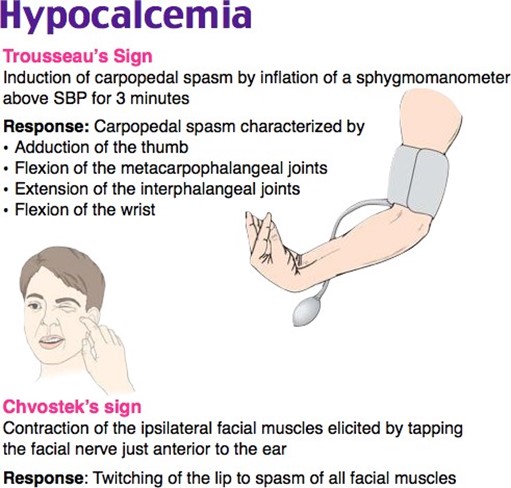A patient recovering from surgery has an indwelling urinary catheter. For which 24-hour urine output volumes should the nurse notify the patient's healthcare provider?
1000 milliliters.
600 milliliters.
1200 milliliters.
750 milliliters.
The Correct Answer is B
The correct answer is B. 600 milliliters.
Choice A rationale:
A 24-hour urine output of 1000 milliliters is within the normal range for an adult, indicating adequate kidney function and hydration.
Choice B rationale:
A 24-hour urine output of 600 milliliters is below the normal range (typically 800-2000 milliliters), which may indicate oliguria (reduced urine output) and could be a sign of renal impairment or dehydration. This warrants notifying the healthcare provider.
Choice C rationale:
A 24-hour urine output of 1200 milliliters is also within the normal range, suggesting normal kidney function and hydration status.
Choice D rationale:
A 24-hour urine output of 750 milliliters is slightly below the normal range but may not be immediately concerning unless accompanied by other symptoms. However, it is still important to monitor and possibly notify the healthcare provider if it persists.
Nursing Test Bank
Naxlex Comprehensive Predictor Exams
Related Questions
Correct Answer is ["A","B","C"]
Explanation
Choice A rationale:

The nurse considered contraction of facial muscles as a finding of hypocalcemia because it is associated with Chvostek's sign, which indicates neuromuscular irritability due to low calcium levels.
Choice B rationale:
Complaints of fingers tingling are indicative of hypocalcemia since tingling sensations (paresthesias) in the extremities can result from decreased calcium levels affecting nerve function.
Choice C rationale:
Carpal spasm with blood pressure measurement is known as Trousseau's sign and is associated with hypocalcemia. When the blood pressure cuff is inflated above systolic pressure, it can cause tetany in the hand if the calcium levels are low.
Choice D rationale:
Asking when foot numbness would go away does not directly relate to hypocalcemia or its symptoms. It is not a finding used to come to the conclusion of hypocalcemia in this scenario.
Choice E rationale:
The heart rate being 88 and regular does not directly indicate hypocalcemia. While hypocalcemia can lead to cardiac arrhythmias, a heart rate of 88 and regular is within the normal range and not a specific finding for hypocalcemia.
Correct Answer is B
Explanation
Choice B rationale:
The patient's tachycardia, pale, cool skin, and decreased urine output are signs of the body's natural compensatory mechanisms in response to fluid volume deficit. When the body
experiences a decrease in fluid volume, it tries to compensate by increasing heart rate (tachycardia) to maintain blood flow to vital organs and constricting blood vessels to preserve fluid and maintain blood pressure. Pale, cool skin is a result of vasoconstriction, and decreased urine output is a way the body conserves water during dehydration.
Choice A rationale:
Effects of rapidly infused intravenous fluids are not the cause of the patient's current findings. In fact, the nurse's notes indicate that the IV fluid therapy (0.9% sodium chloride) was initiated at 125 mL/hr, which is a relatively standard and cautious rate. Rapidly infused fluids could potentially cause fluid overload, but that is not the situation here.
Choice C rationale:
Pharmacological effects of a diuretic are not relevant to this patient's presentation. There is no mention of diuretic use in the nurse's notes, and the symptoms presented are more consistent with fluid volume deficit and dehydration rather than diuretic use.
Choice D rationale:
Cardiac failure is not the correct answer, as there is no indication of heart failure in the patient's presentation or nurse's notes. The symptoms and findings described are more indicative of fluid volume deficit, which is not synonymous with cardiac failure.
Whether you are a student looking to ace your exams or a practicing nurse seeking to enhance your expertise , our nursing education contents will empower you with the confidence and competence to make a difference in the lives of patients and become a respected leader in the healthcare field.
Visit Naxlex, invest in your future and unlock endless possibilities with our unparalleled nursing education contents today
Report Wrong Answer on the Current Question
Do you disagree with the answer? If yes, what is your expected answer? Explain.
Kindly be descriptive with the issue you are facing.
